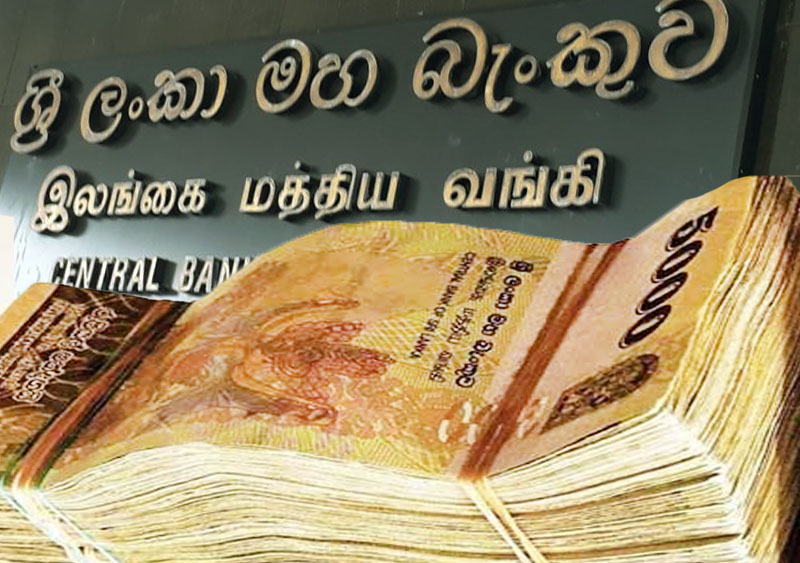Sri Lanka is asking foreign investors in its international sovereign bonds to take a 30 per cent haircut and is seeking similar concessions from holders of its other dollar-denominated bonds as it seeks to restructure its massive debt, its central bank governor said on Thursday.
The government will also exchange treasury bills into long-term bonds as part of a domestic debt restructuring programme, Nandalal Weerasinghe told a press conference as he unveiled details of the long-awaited plan, which will cover part of the island nation’s US$42 billion domestic debt.
Sri Lanka is struggling with its worst financial crisis since its independence from Britain in 1948 after the country’s foreign exchange reserves hit record lows and triggered its first foreign debt default last year.
Pledging to put its mammoth debt burden on a sustainable track, Sri Lanka locked down a US$2.9 billion bailout from the IMF in March. The domestic restructuring is needed to help the country reach the IMF programme goal of reducing overall debt to 95 per cent of GDP by 2032.
Meanwhile, the government is also pushing forward with reworking its foreign debt with bondholders and bilateral creditors including China, Japan and India.
Under the domestic debt revamp, holders of locally issued dollar-denominated bonds such as Sri Lanka Development Bonds (SLDBs) will be given three options, Weerasinghe said.
The first would be treatment similar to investors in the country’s international sovereign bonds – a 30 per cent principal haircut with a 6-year maturity at a four per cent interest rate, he said.
“We are asking foreign debt holders for a 30 per cent haircut but that is still under discussion,” Weerasinghe said.
Sri Lanka currently has US$12.5 billion in international sovereign bonds.
Weerasinghe would not comment on current talks with bilateral creditors. Sri Lanka has set a goal of finalising debt restructuring talks by September to align with the first review of its IMF programme.
China wants multilateral lenders like the International Monetary Fund (IMF) and World Bank to absorb some of the losses, which those institutions and many developed nations, notably the United States, are resisting.
More international support
The domestic restructuring programme will be presented to parliament on Saturday for approval.
Earlier on Thursday, the World Bank approved US$700 million in budgetary and welfare support for the country, the biggest funding tranche for the island nation since the IMF deal in March. About US$500 million of the funds will be allocated for budgetary support while the remaining US$200 million will be for welfare support earmarked for those worst hit by the crisis.
Sri Lanka’s cabinet approved the domestic debt programme at a special cabinet meeting on Wednesday, a source at the president’s office told Reuters.
Domestic bondholders will be given two other options:
– Similar treatment to that being proposed to bilateral dollar creditors: No principal haircut, with a 15-year maturity and nine-year grace period at 1.5 per cent interest rate.
– Exchange their holdings for local currency denominated instruments: No principal haircut with a 10-year maturity at the SLFR (Sri Lanka Standing Lending Facility Rate) + one per cent interest rate.
Local currency bonds held by superannuation funds, including pension funds, will be replaced with new bonds which will have nine per cent interest, Weerasinghe added.
But banks’ local currency bonds have been excluded from the scheme to avoid putting further strain on the financial sector
Sri Lanka’s sovereign U.S. dollar bonds were edging higher in early morning trade, with the bonds maturing in November 2025 and March 2024 gaining the most, 0.77 cents, by 0627 GMT, according to Tradeweb data. – Reuters


